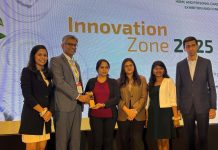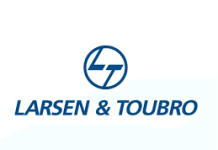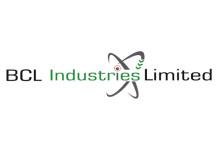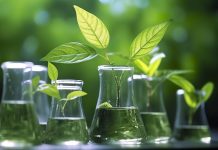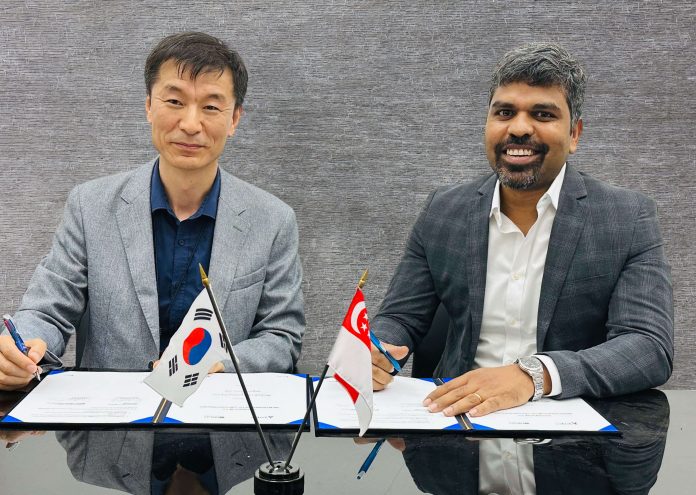
In a pioneering partnership, Singapore’s innovative membrane solution provider Memsift Innovations Pte Ltd and Korea’s Angstroms Co Ltd have executed a cooperation agreement aimed at recovering lithium from Korea’s secondary cell industrial liquid-wastes, including effluents from lithium-ion battery recycling facilities.
Memsift’s state-of-the-art membrane distillation process and proprietary membranes, based on patented technologies, offer distinct advantages over conventional brine treatment and zero liquid discharge solutions.
The TS-30™ system employs a unique thermodynamic principle for thermal separation, significantly reducing industrial effluent treatment costs. Additionally, the advanced GOSEP™ nanofiltration membranes excel in separating monovalent ions like lithium chloride from multivalent ions, even in highly acidic conditions.
As per the press release, Memsift and Angstroms have collaborated closely for the past three years. The agreement marks the next phase, empowering Angstroms to recover energy transition metals from unconventional sources in Korea through multiple projects.
Dr. J. Antony Prince, Founder and CEO, Memsift Innovations commented, “Our technologies are attracting considerable international interest, particularly for resource recovery from high-strength industrial effluents. This agreement allows us to expand our technology applications to recover energy transition materials from unconventional sources, fostering a more sustainable future. We are eager to collaborate with Angstroms on this promising venture in Korea”.
Kim Baekahm, CEO of Angstroms Co Ltd added, “Angstroms is a well-known player in the Korean market, specializing in membrane separation technologies for industrial effluent treatment and resource recovery. We recognize the advantages of Memsift’s products over traditional methods. Our initial studies indicate that these technologies could be effectively applied in recovering lithium and other energy transition materials from unconventional sources. Particularly in South Korea, which is leading the secondary cell industry, the demand for lithium is expected to increase dramatically. This recovery and concentration technology will play a significant role in the growth of our company. This agreement will enable us to conduct pilot and commercial trials at our customer sites, allowing them to experience these cutting-edge technologies firsthand. We believe this partnership with Memsift will strengthen our position in the Korean market for industrial liquid-waste treatment and resource recovery”.



